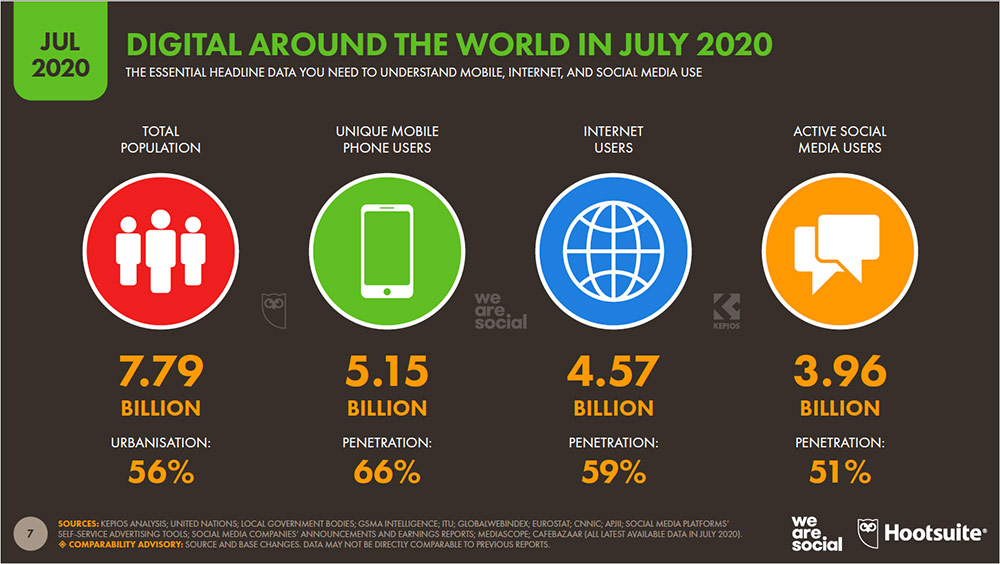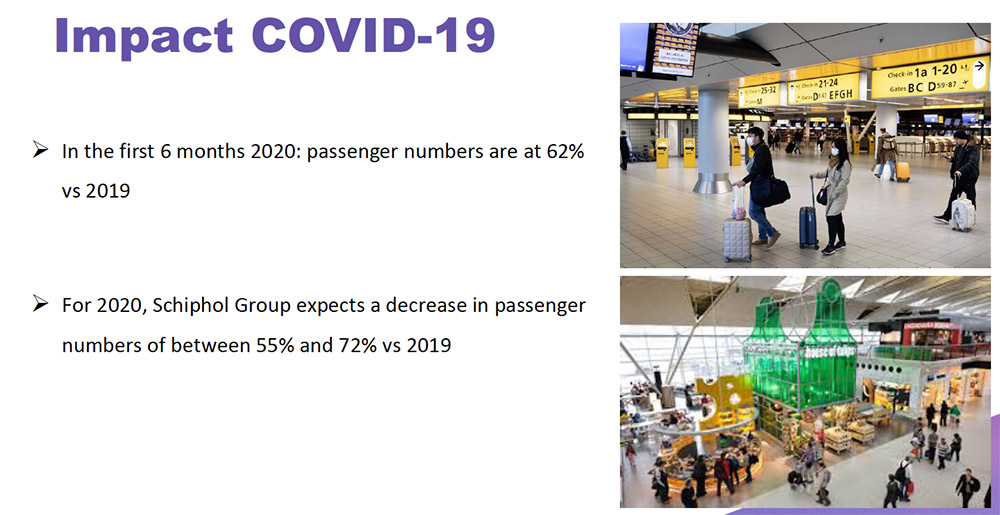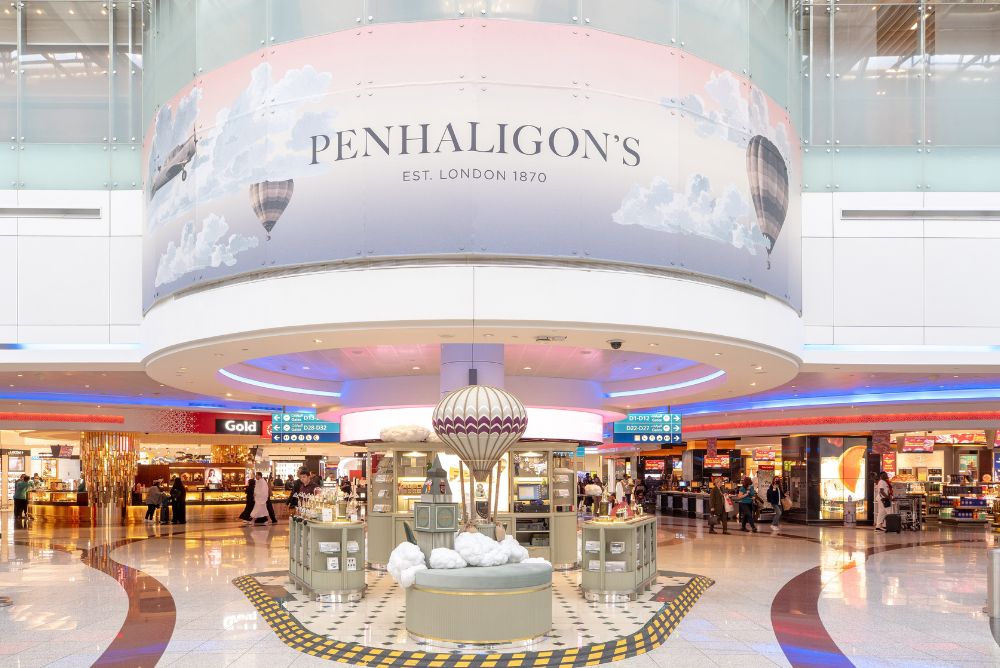Industry executives debate impact of Covid-19 in TRMarketplace keynote
By Andrew Pentol |
The comprehensive webinar and workshop programme, part of the TRMarketplace  digital event kicked-off today (28 September) with a compelling welcome keynote session.
digital event kicked-off today (28 September) with a compelling welcome keynote session.
Entitled, ‘Embracing and leading through change’, the 90-minute interactive session featured a three-strong panel comprising Ramesh Cidambi, Chief Operating Officer, Dubai Duty Free, Tanja Dik, Director of Consumer Products and Services, Amsterdam Airport Schiphol and Simon Kemp, CEO, Kepios. The discussion was co-moderate by Charlotte Turner, Editorial Director, TRBusiness and Michael Barrett, Events and Corporate Social Responsibility.
A number of key topics were addressed including the partnership model, evolving customer behaviour and digital and technological opportunities.
Offering an insight into the impact of the pandemic on business at Amsterdam Schiphol Airport, Dik said: “There was a huge drop in passenger numbers in the first six months of the year. We also experienced a fall in commercial revenue. This was less than the decrease in passengers, but still a significant drop.”
Dik, who revealed the airport has remained open throughout the pandemic, albeit on a smaller scale for a few months added: “We have a higher number of people from UK, China and Russia, which has led to increased spend per passenger of almost 20% compared to last year. We have, however, generated lower revenue.”
VIP FACILITIES
Despite reporting less business travel, more people are using the airport’s VIP facilities. “This is because families want to travel via the VIP services and be further away from everyone else.”
Leisure travellers passing through the airport have also changed their behaviour and focus. Their main priorities are now health, cleanliness and efficient processes.
Amsterdam Schiphol has implemented a number of measures to ensure a safe and seamless journey. In addition to sanitising zones, social distancing and hygiene measures, the airport has introduced vending machines and launched a QR code system for passengers wishing to order remotely.
“We have piloted a pre-order retail system so every passenger can have a seamless remote journey.”
Over in Dubai, shops re-opened on 3 June with new protocols in place for social distancing. Cidambi, who delivered an extensive overview of how Dubai Duty Free was mitigating against the impact of Covid-19 during the second TRBusiness Travel Retail Connect Covid-19 webinar in June, commented: “We took all our retail areas and figured out the capacity of each shop taking into account the social distancing.
“We had clear entry and exit points for the retail areas and put in all the measures in terms of hygiene and social distancing. We undertook all the operational modifications that were required.”
Passenger numbers at Dubai International Airport are starting to increase after a ‘catastrophic drop’ due to the crisis. “We handled 800,000 passengers last month and retail business in Terminal 2 and Concourse B has started to increase.”
Taking into account the number of passengers passing through the airport during the pandemic, growth has been positive. “We are doing better in terms of sales growth than the passengers numbers indicate.”
In terms of airlines, Emirates is the major contributor (63%) in terms of retail business. “This is similar to what it was last year,” Cidambi acknowledged.
From a regional perspective, the main difference between now and 2019 is that sales from Asian passengers have dropped significantly. “The Indian subcontinent region has gained a bit of market share and Russia is doing very well. When we compare our business to last year, the drop in Russian business has been the least.”
On the category front, perfumes, tobacco and technology retained their share of the product mix or were within a couple of percentage points of where they were previously. For the period 3 June to 15 September 2020, perfumes, liquor and tobacco comprised 13.82%, 11.41% and 10.84% of total sales respectively, compared to 15.17%, 14.99% and 11.03% in 2019.
Cidambi, who revealed the retailer is expecting to finish the year 65% lower in revenue terms compared to 2019 commented: “We are pleased that the structure in terms of the retail business, airlines and categories has been stable and fairly predictable.”
OPTIMISTIC OUTLOOK
Spend per passenger and penetration have also been better than expected at Dubai International Airport. “Despite everything that has happened including the continuous negative news flow, economic crisis and unemployment in many markets, we are continuing to do reasonably well in terms of penetration and spend per passenger.
“The absolute numbers are much lower, but the statistics give us optimism for the future.”
Adapting to a changing profile of consumer has been vital for Schiphol Airport and Dubai Duty Free. Dik said: “We may have less passengers, but those travelling are seeking more comfort, attention and service. At the moment, we are offering a personalised service to people coming to our airport.”
Looking ahead, the ideal scenario would be to maintain this personalised service. Making this happen, however, is unlikely. “We are looking into online possibilities so we can still have the personal touch and be able to service our passengers daily as we do now”
Dubai Duty Free has also been making the most of the opportunity to offer a personalised service.
The operator recently undertook a study focusing on a perfumes and cosmetics shop. The study involved determining how many customers and staff were permitted in the and examining the interaction between staff and consumers.
“We examined this particular shop during the peak period and discovered that one-on-one interactions between the customers and sales staff were very high. This was simply because the number of customers in the shop (68) were low and relative to the number of staff (23).”

The drop in retail business from Russian passengers between September 1-15 2020 and September 1-15 2019 has been minimal.
Ensuring a similar ratio of staff and customers will be hard to maintain in the future. Cidambi remarked: “In this period, we had more staff and brand ambassadors than customers. As passenger numbers increase this kind of situation will be harder to maintain.”
Regarding global internet and social media usage and how this has changed since the start of the pandemic, Kemp said: “Digital has been the thing that has got most people through lockdown over the past few months. People are spending a lot more time doing more things digitally.
“Around a million people a day are starting to use social media and around 60% of the world’s population is using the internet. The number is still increasing.”
Over the past couple of years, Dubai Duty Free has improved its web presence, focused on customer engagement and developed an e-commerce platform. “Everything we have done in the past couple of years helped us when the pandemic started.
“In the space of about four weeks, we launched a home-delivery service, giving people an opportunity to shop while the airport was closed and before the re-opening. The platform has performed well. More than 10,000 orders have been processed and the main categories are fashion, beauty, technology and food.”
DIGITAL OPPORTUNITIES
Aside the need to pursue digital and technological opportunities, the crisis has highlighted the need for strong partnerships across the DF&TR ecosystem. While airports such as Amsterdam Schiphol are able to distance themselves from issues between suppliers and retailers, they are unable to do so completely, according to Dik. “Many of our partnerships span more than 50 years which helps us. Our business partners have experienced previous crises, albeit not as severe as this one.”
She added: “Our partners require financial help and we try to support them where possible. This is tough though, as we have insufficient means to do so.”

People are spending a lot more time doing more things digitally, according to Simon Kemp, CEO, Kepios.
Meanwhile, the Covid-19 pandemic has definitely strengthened the relationship between Dubai Duty Free and airport operator Dubai Airports. “The crisis has helped us work much closer in terms of passenger data, engagement with passengers in terms of future plans, flight information and everything you need to succeed in the retail business.”
In terms of supplier relationships during the pandemic, Cidambi hinted at a lack of support. “When talking about suppliers I am going to tell the purchasing team to stop using the word partners. Since the crisis started, the level of support and assistance from suppliers has not been extraordinary to say the least.
“The crisis has hit our operations, along with suppliers’. Each of us are trying to figure out how much to help, how to help and when to help. The aim is to ensure we are there on the other side whenever the crisis passes.”
TRMarketplace would like to thank its sponsors and partners, including Brand Hubs (below).
Alcohol insights: Conversion up, spend down in Q4
Conversion of visitors in the alcohol category in duty free has risen to 54% in Q4 2023,...
Men buy and spend more in travel retail says new research by m1nd-set
Men have a higher conversion rate and spend more when shopping in travel retail, says new...
Saudia Arabia's KKIA unfurls T3 duty free expansion
King Khalid International Airport (KKIA) has unveiled the first stage of its much-vaunted duty...
-
 International,
International,Alcohol insights: Conversion up, spend down in Q4
-

-
 International,
International,Saudia Arabia's KKIA unfurls T3 duty free expansion

In the Magazine
TRBusiness Magazine is free to access. Read the latest issue now.

 Trbusiness. The travel retail Trbusiness. The magazine for global retail and duty free professionals.
Trbusiness. The travel retail Trbusiness. The magazine for global retail and duty free professionals.


![[USE THIS VERSION] Brand Hubs exhibitor line-up](https://d24chjhol3kq77.cloudfront.net/trbusiness.com/wp-content/uploads/2020/10/Exhibitors-line-up-5-across-01.10.jpg)






















